Navigating the Skills Gap: Reskilling & Upskilling for the Future in the UK
As UK organisations see early signs of progress in tackling talent shortages, investing in internal development and future-focused skills remains the key to long-term workforce resilience.
The UK labour market in 2025 continues to grapple with persistent skills shortages, but there's a nuanced shift occurring. While the challenge remains significant, proactive efforts by organisations are starting to show results, with a narrowing of the overall skills gap for the first time in a decade.
Insights:
A Nudging Gap, Still Significant: ManpowerGroup's 2025 Talent Shortage report reveals that 76% of UK employers are still reporting difficulty filling roles due to a lack of skilled talent. While this is a decrease from 80% in 2024, it underscores that the skills gap is far from closed. The challenge has lessened, but it's very much present.
Driving Forces for Change: Organisations have actively engaged in upskilling, reskilling, seeking new talent pools, and making smarter use of technology to address these shortages (ManpowerGroup, 2025). This proactive approach is a key reason for the positive, albeit small, shift.
Hardest-to-Find Skills: While specific skills vary by sector, a common thread often involves digital capabilities, advanced analytical skills, and soft skills like adaptability, problem-solving, and critical thinking – all crucial in an AI-augmented environment.
Investment in Internal Development: Recognising the limitations of external hiring alone, more UK companies are investing in internal mobility and learning programmes. This isn't just about filling immediate vacancies; it's about building a future-proof workforce that can adapt to rapid technological and market changes.
Sectoral Disparities: The impact of skills shortages is felt unevenly. While some sectors might not be feeling the struggle, others, particularly those at the forefront of technological change (e.g., green technologies, advanced manufacturing, specialist IT), will likely continue to face acute demand for niche skills.
What this means for UK organisations:
For UK organisations, the emphasis in 2025 must remain firmly on developing talent from within. This means:
Strategic Workforce Planning: Proactively identifying future skill needs.
Robust L&D Programmes: Offering accessible and relevant reskilling and upskilling opportunities.
Cultivating a Learning Culture: Encouraging continuous learning and adaptability among all employees.
Diverse Talent Pipelines: Exploring new avenues for talent acquisition, including apprenticeships, return-to-work programmes, and a greater focus on neurodiversity.
By investing in their people, UK businesses can not only bridge existing gaps but also build a more resilient and agile workforce for the challenges and opportunities ahead.
Want to explore how your organisation can build a future-ready workforce through culture, leadership, and learning?


